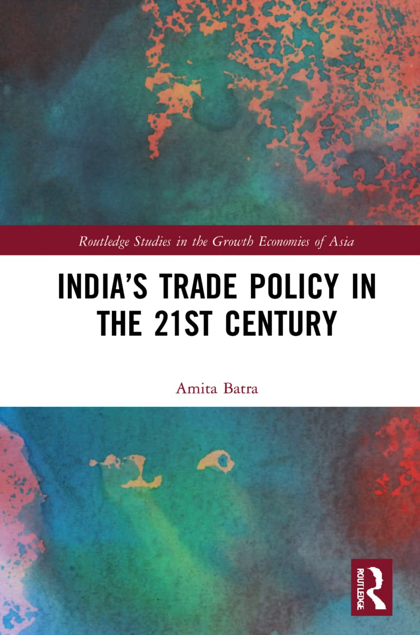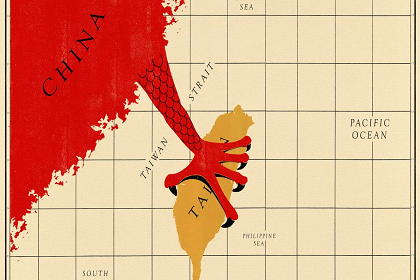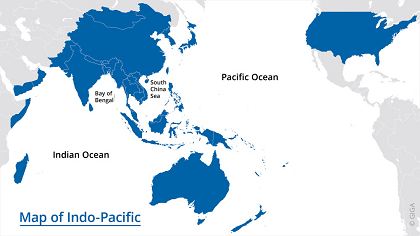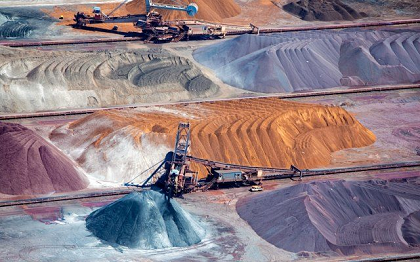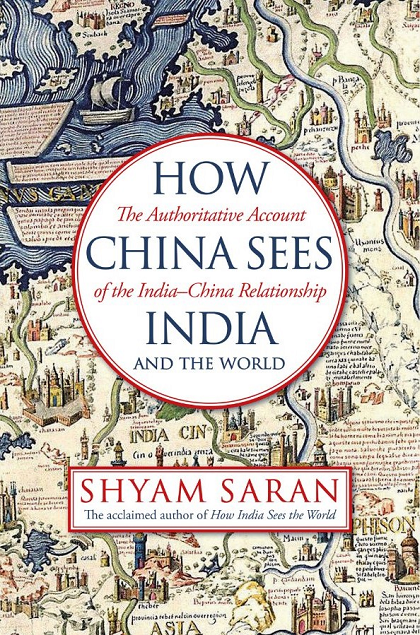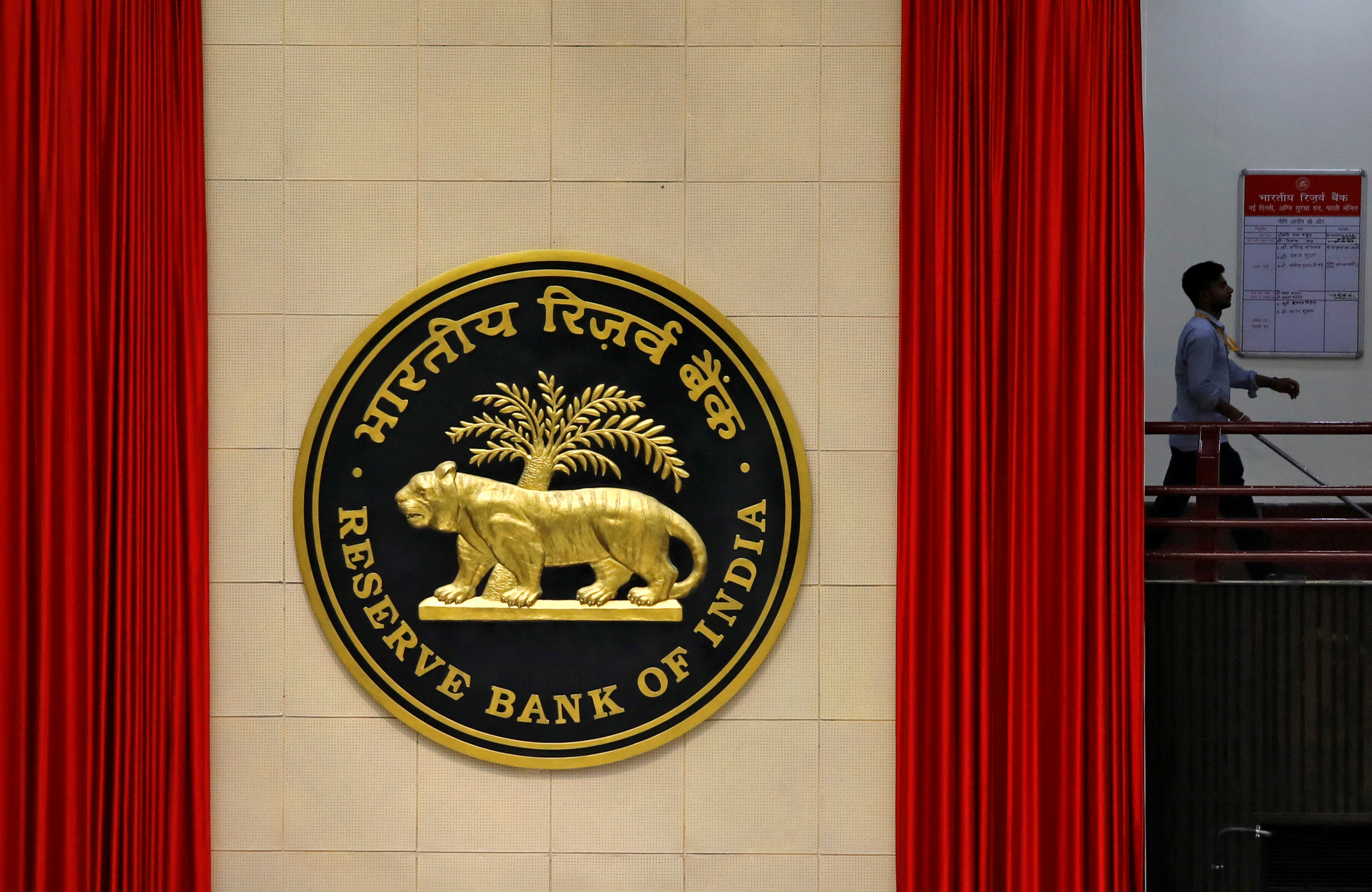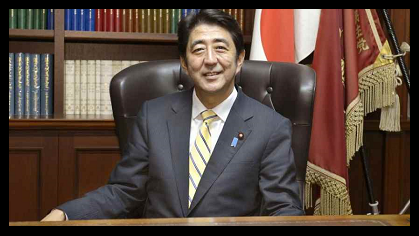India’s Trade Policy in the 21st Century
India is slowly entering new trade frontiers, and there is much to prepare, says economist Amita Batra. Trade policy must look ahead at the ‘WTO plus’ provisions which are beyond tariff-based market access, and services, India’s strength, should be an integral part of any trade deal. For those efforts to succeed, domestic reform is urgently needed.

